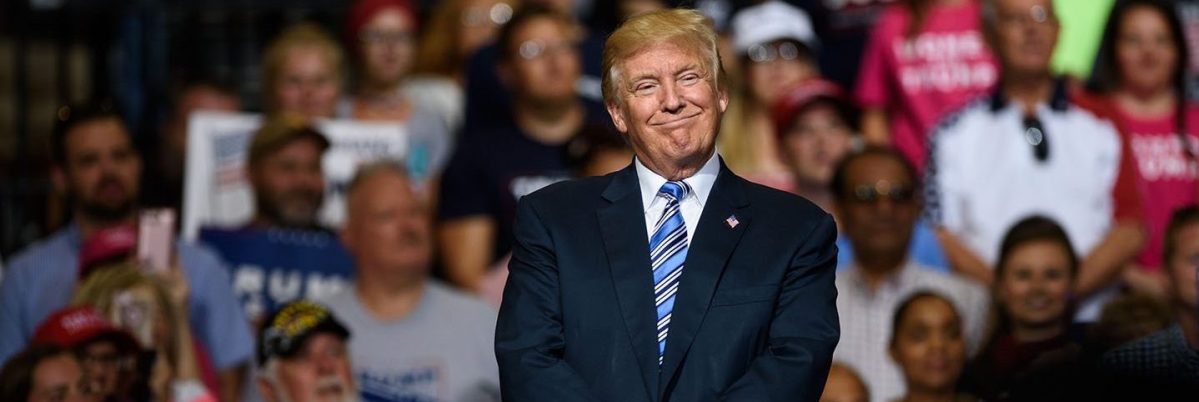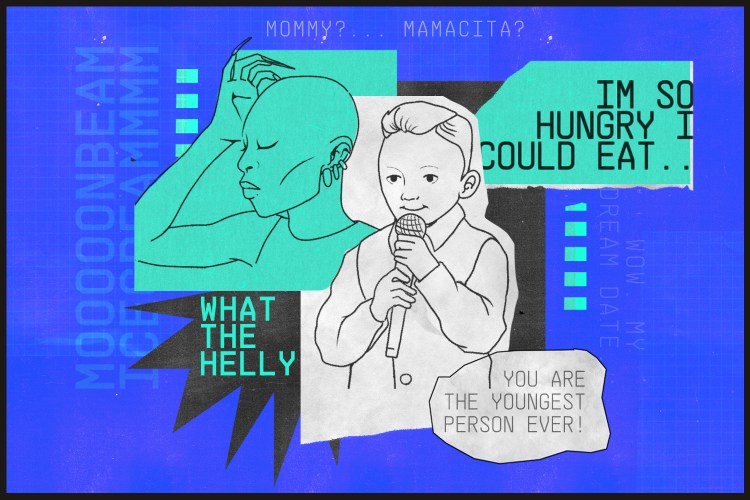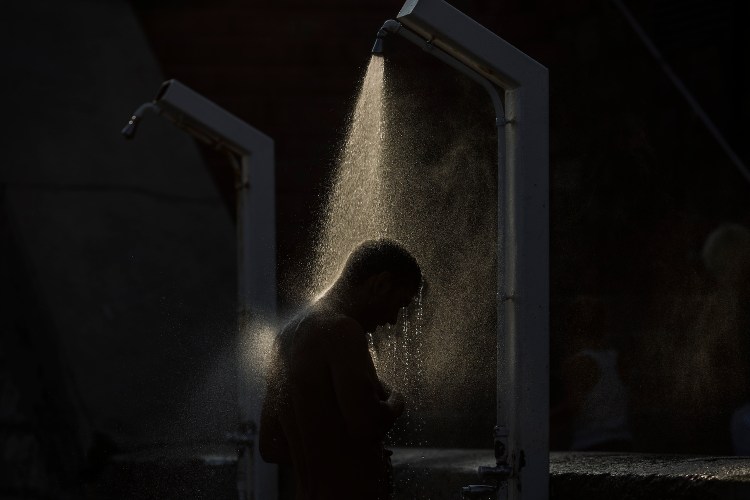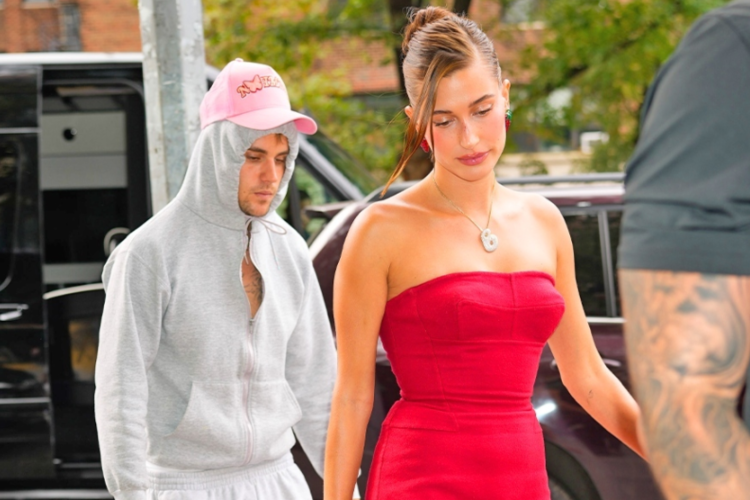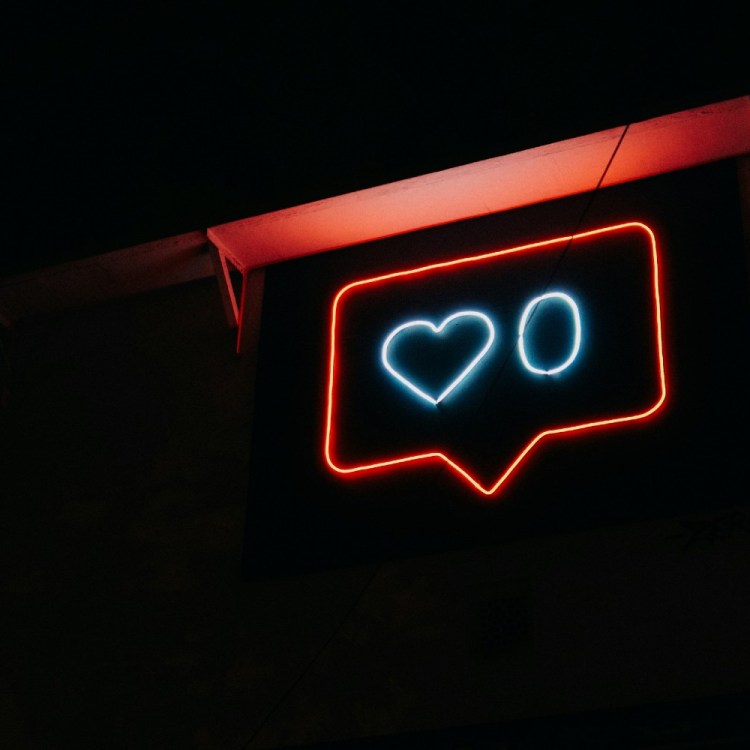If President Trump were not the leader of the free world, would he be allowed to stay on Twitter?
The Washington Post asked this question after Trump retweeted a fictional animated gif that depicts him swinging at a golf ball that slams into Clinton’s back, knocking her down as she boards a plane. The same account Trump retweeted has posted anti-Semitic content in the past.
Donald Trump’s amazing golf swing #CrookedHillary pic.twitter.com/vKhxxFCBV1
— NY TIMES SUCKS (@Fuctupmind) September 14, 2017
Though President Trump’s Twitter followers are no stranger to his sharing of edited—and sometimes shocking—clips, the courts agree that insinuations of violence against Clinton are to be taken seriously. Last week, a judge revoked bail for convicted hedge fund manager Martin Shkreli after he posted a $5,000 reward on Facebook calling for the harvesting of a strand of Clinton’s hair. He is now in jail.
This also isn’t the first time Trump has called for violence against Clinton; in the book she’s currently on tour for, What Happened, Clinton references reports that her Secret Service detail told then-candidate Trump’s protection detail to tell him to knock it off after Trump strongly implied she be shot.
But where does Twitter’s responsibility come into play in all of this? And what would the president have to do to be kicked off the social platform? It’s unclear.
Twitter, which has stressed in the past that it is “a communication utility, not a mediator of content,” has clear guidelines on their policy of abusive behavior.
“In order to ensure that people feel safe expressing diverse opinions and beliefs, we do not tolerate behavior that crosses the line into abuse, including behavior that harasses, intimidates, or uses fear to silence another user’s voice,” reads its policy.
Violent threats and “hateful conduct” are also prohibited. “You may not make threats of violence or promote violence, including threatening or promoting terrorism … You may not promote violence against or directly attack or threaten other people on the basis of race, ethnicity, national origin, sexual orientation, gender, gender identity, religious affiliation, age, disability, or disease.”
But Twitter has admitted in the past that it “sucks” at dealing with abuse—and conservative firebrand Milo Yiannopoulos was famously banned for encouraging his followers to harass “Ghostbusters” star Leslie Jones. Will the platform extend their standards to the commander-in-chief?
“Banning is definitely a conversation that people are having, but only because we have to have the conversation,” one anonymous Twitter employee reportedly told the Verge in January. “It would take something really deplorable for a ban, and I highly doubt even Trump is that stupid.”
This article appeared in an InsideHook newsletter. Sign up for free to get more on travel, wellness, style, drinking, and culture.
